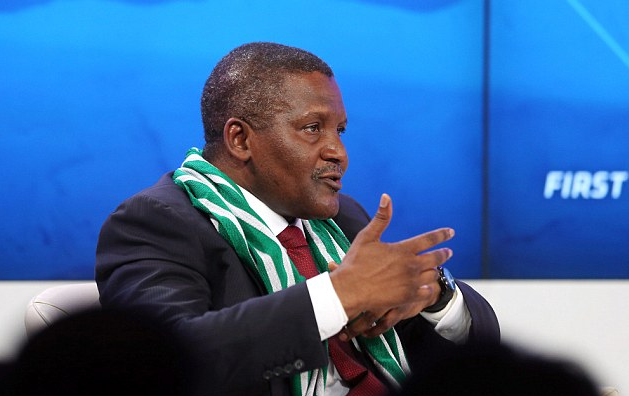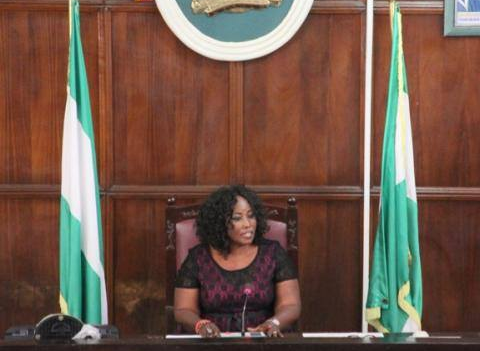Crude oil prices rose to a record high of $40 on Monday, rallying further at the all-year high into Tuesday, trading above $40 per barrel.
According to OPEC secretariat, the daily basket price, which is the average of 13 crude oil variant, stood at a 2016 record of $34.34 a barrel on Monday, compared with $32.34 the previous Friday.
On the other hand, Brent crude – the global benchmark for crude oil prices – is trading at $40.56 per barrel on the international market.
This is $2.56 higher than the 2016 budgetary benchmark of $38 per barrel, which was criticised as overly optimistic as at the time of the budget presentation in December 2015.
Advertisement
The crude oil prices were said to be rallying, following plans by the Organisation of Petroleum Exporting Countries (OPEC) and some Latin America oil producers to stabilise prices.
However, with the new turn of events, the increase in crude oil prices would mean some sort of surpluses for the Nigerian budget.
WHAT OIL PRICE SURGE WILL MEAN FOR BUDGET 2016
Advertisement
According to the budget presentation made by President Muhammadu Buhari on December 22, 2015, Nigeria is expecting a revenue of N820 billion from crude oil, at a price of $38 per barrel.
With current realities, Nigeria is expected to be earning an extra $2 on every barrel of crude sold.
At the budget benchmark of 2.2 million barrels per day, Nigeria should earn a surplus of $5.6 million (N1.1 billion) per day.
This would translate to N404.97 billion for the 2016 fiscal year.
Advertisement
At a $50 per barrel scenario, Nigeria would make an extra $12 per barrel, translating to N1.9 trillion in oil revenue surplus.
With a budget deficit, N2.2 trillion, a $40 or $50 per barrel scenario, would reduce a sizeable amount of Nigeria’s budgetary deficit for 2016.
According to the International Monetary Fund (IMF), Nigeria’s debt-to-GDP ratio as of 2015 stood at 12 percent, compared with 57 percent for Angola and 48 percent for South Africa.
With borrowing in excess of N2 trillion in 2016, Nigeria would have a larger debt burden, but increase in crude oil prices will reduce the debt-to-GDP ratio of Africa’s largest economy.
Advertisement
It is worthy of note that the rise in crude oil prices may not automatically be funnelled into budget 2016, as the surpluses could be directed to Nigeria’s excess crude account (ECA), maintaining deficit at its current levels.
Advertisement







